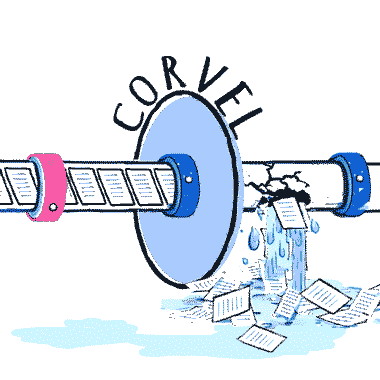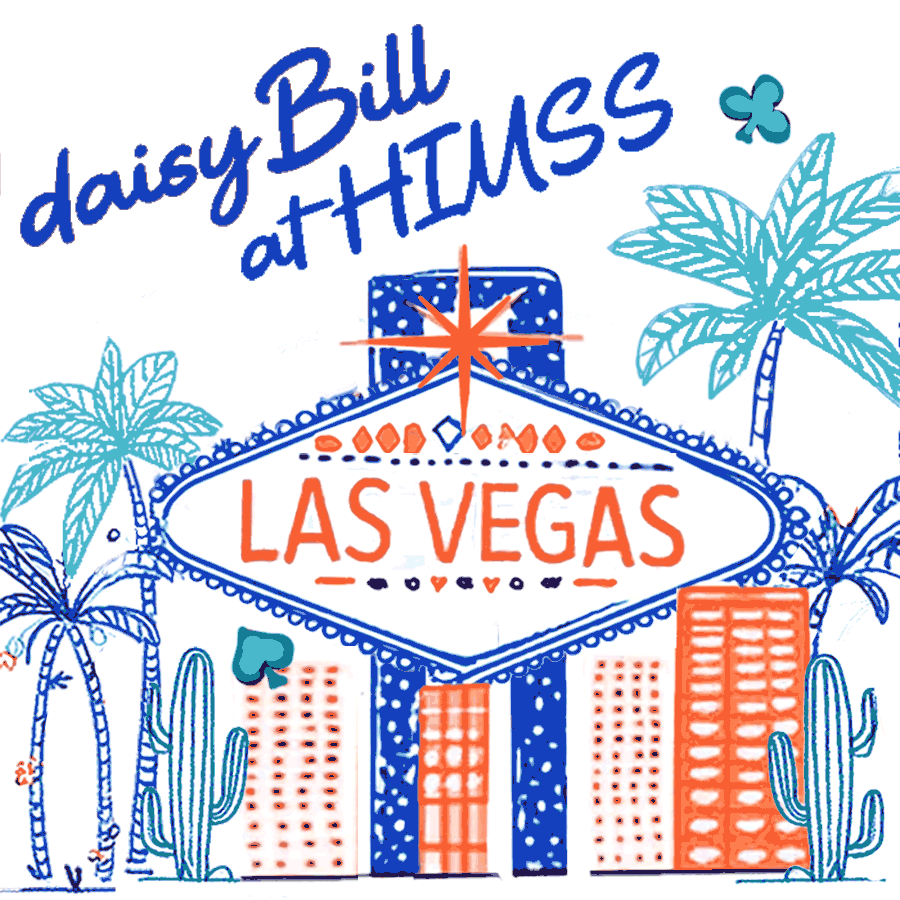NY: New WCB Webinar Dates for Mandatory e-Billing
The clock is ticking, New York providers. Starting August 1, 2025, the state will require providers treating injured workers to submit their bills electronically (aka, e-billing).
That’s less than six months away.
To help providers prepare, the New York Workers’ Compensation Board (WCB) is hosting additional sessions of its CMS-1500 e-billing webinar on March 26 and April 2. These free sessions cover what practices need to know about the transition, including:
- The benefits of e-billing
- How to select an XML Submission Partner
- The e-bill submission process
Each session also includes time for Q&A, so providers can get their specific questions answered. Get the details (and registration links) below.
Providers: Get Ahead of the 2025 Deadline for e-Billing!
In previous webinar sessions, WCB representatives have made one thing crystal clear: waiting until August to switch is a (huge) mistake.
The transition to e-billing may require some time and training. Providers must:
- Enroll in the WCB Medical Portal (if they haven’t already)
- Select an approved XML Submission Partner (a requirement for all e-billing)
- Train staff on e-billing workflows
After August 1, WCB will not enforce payment for paper bills.
If a claims administrator refuses to pay, providers will have zero recourse. The safest way to protect your revenue is to switch now, tackle the learning curve, and get fully prepared before the deadline hits.
The next available WCB webinar dates are below, with registration links:
March 26, 2025 12:00 PM – 1:00 PM ET
April 2, 2025 12:00 PM – 1:00 PM ET
Choosing an XML Submission Partner
Providers must use an approved XML Submission Partner to submit bills electronically to both claims administrators and the WCB.
Only eight vendors have received WCB approval after proving their technological and compliance capabilities. Of course, not all XML Submission Partners are created equal. Providers should carefully evaluate their options, ensuring the vendor they choose offers:
- Seamless e-billing workflows with minimal manual work for staff
- Reliable bill tracking to ensure claims administrators timely receive and process bills
- Fast times to payment to optimize revenue management
Kudos to NY WCB
The WCB deserves credit for proactively supporting providers through this transition.
By hosting these regular webinars, the WCB ensures that providers get the information they need and have a chance to ask critical questions. These sessions demonstrate the WCB’s commitment to improving the system for all stakeholders—providers, injured workers, and payers alike.
When state agencies make workers’ compensation easier for providers, more of them choose to participate. That means better access to higher-quality care for injured workers.
The WCB’s approach shows that while necessary regulatory changes can pose challenges, they can also be effective and minimally disruptive—with the right support and resources.
Need Help? daisyBill Has You Covered
As an approved XML Submission Partner, daisyBill is here to help New York providers.
Soon, we'll publish an article detailing how our workers' comp-specific e-billing software suite does more than fulfill WCB requirements—it allows providers to take the greatest possible advantage of e-billing technology to optimize practice revenue management.
The best way to keep your revenue flowing is to start e-billing now—not in July or August.
If you have questions about the transition or need guidance, contact our team. You can chat with our experts using the pink chat icon at the bottom right of your screen or email info@daisybill.com.
daisyBill isn’t your typical RCM—workers’ comp is our sole specialty. With support, training, and integrations, we make the switch to e-billing smooth. Schedule a brief chat with our team.
SCHEDULE CALL
DaisyBill provides content as an insightful service to its readers and clients. It does not offer legal advice and cannot guarantee the accuracy or suitability of its content for a particular purpose.
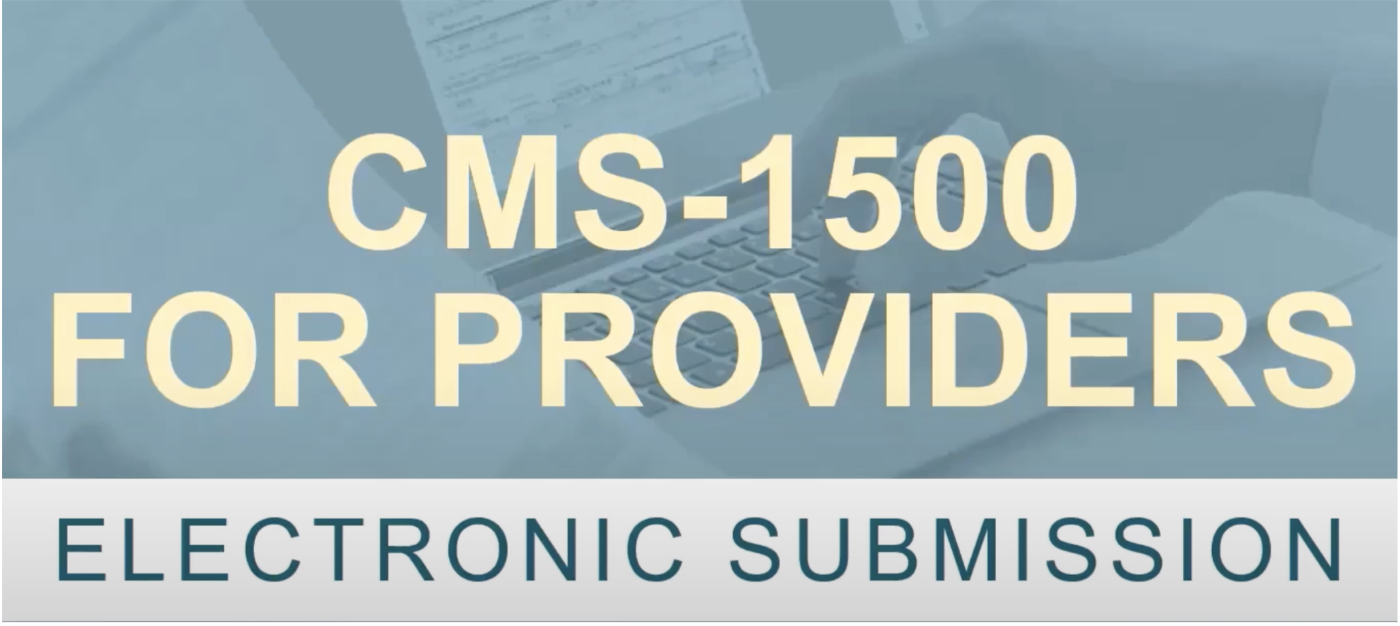
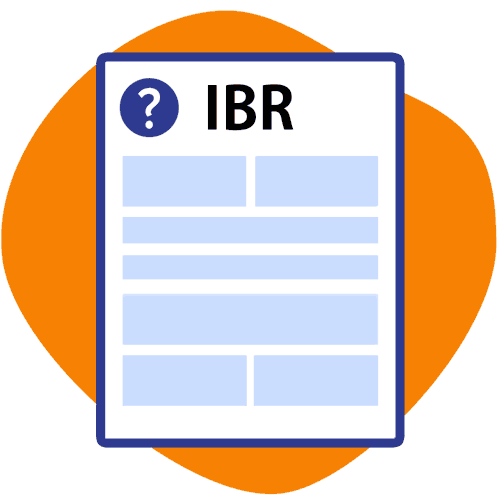
.gif)
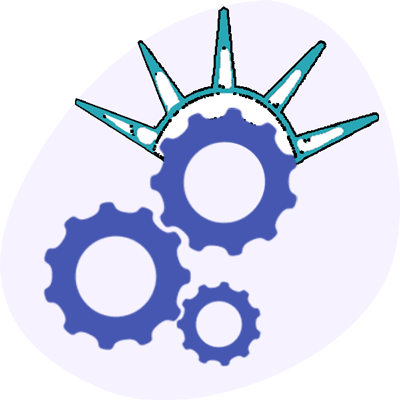
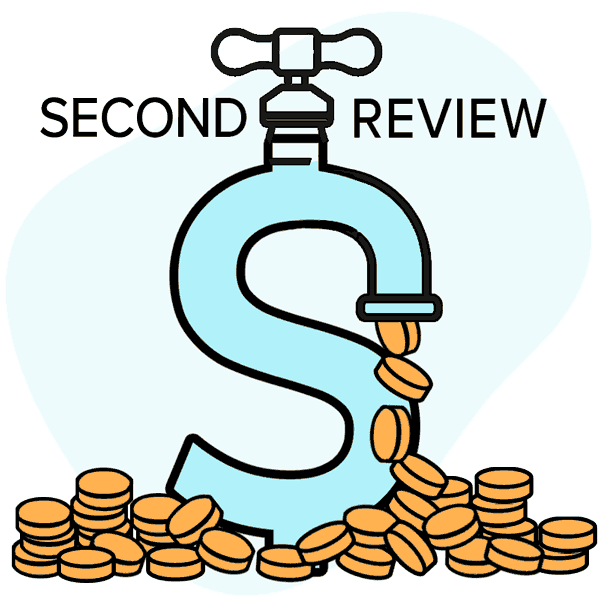
.gif)
